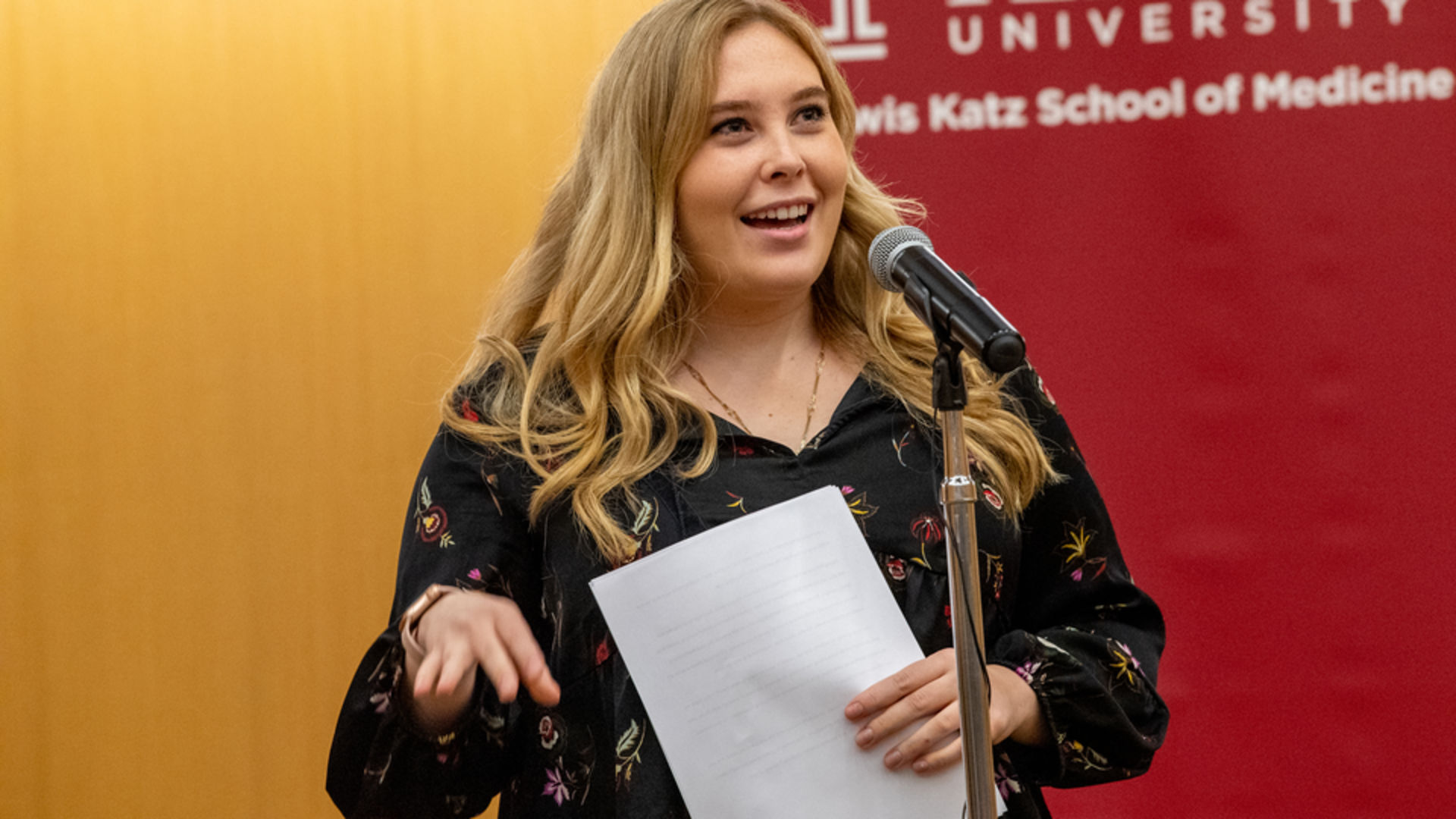Post-Operation Weight Chart

For years I have told all my friends that my dad was pretty much Liam Neeson from Taken. The movie is about a girl who travels to Europe with her friends and is kidnapped. Her father does everything to get his baby girl home safe. That was my dad. He would do anything for me.
He would send me “Good morning bunny honey, Daddy loves you!” texts every morning and call me every night just to hear what I learned that day in med school. He’d cry at Birthday and Father’s Day cards.
He didn’t ask for help because he didn’t believe he needed it. On the rarest occasion that he did ask, if you hesitated an instant, he’d get angry. I think that’s because it was just so hard for him to ask.
A year ago, my dad was diagnosed with esophageal cancer. Prior to his diagnosis, my dad lost over 60 lbs. He couldn’t swallow due to the obstruction in his esophagus. When he was diagnosed, he needed to go through chemo and radiation, which could lead to more weight loss, so my dad’s doctors gave him a feeding tube.
On top of chemo and radiation each day, every week was filled with new feeding tube issues and infections. Despite all of these issues, he never let anyone know how much he was suffering.
My dad had resection surgery on January 21. He was released from the hospital on January 28th. He died February 4.
Here’s the thing. His death was totally unnecessary.
My parents had been divorced since I was three, but my mom helped him more than anyone else. But with all of us living separately, my mom and I didn’t know that the nurses were only coming every third day.
I was studying for an exam. And I wasn’t checking on him like I should have.
The last time I saw my dad, he was walking towards me, proud that he was on his fourth lap around the step-down unit, smiling, and joking with the nurses that he was starting bids for him to be the next bachelor.
He sent me a text after he was released, “Good morning Bunny Honey — this exam… chew it up raw and spit it out. You’re the best! I love you! XOXO”
After the test, the night of the Super Bowl, the night before he died, I text him, boring game. My dad was a huge sports fan, and his text back was just 2 words, “Was asleeep.” I should have known.
The next day, worried that we hadn’t heard from him, my mom went to check in and found him on the floor, clearly having suffered from excessive fluid and blood loss. It was horrible. There was blood and diarrhea everywhere.
At first, I couldn’t react like a daughter, only as a medical student. It was way too painful otherwise. When he died, I had to think of him as if he were a patient vignette: “A 63 y/o male diagnosed with esophageal cancer, presents to the clinic with complaints of pain in his abdomen around his J-tube and severe diarrhea and bleeding.” Okay so, severe fluid loss… that can lead to decrease CO, hypotension, hypovolemic shock and death.”
It wasn’t until a few weeks later where I built up the courage to look through my dad’s phone. His last note was titled “Post-Operation Weight Chart”. From his release on January 28th up until February 4th, my dad logged his weight, every day.
In five days, he’d lost 7 pounds, down to 115 pounds.
He had gained weight after his surgery, because he had the correct feeding. But they sent him home with the wrong one. He didn’t complain. Nobody noticed.
How could he have not known something was wrong? Why didn’t he have the right feeding? Why didn’t he have a nurse coming more often? Why didn’t he call me or my mom or 911??
He must’ve been scared. I would’ve been. But it was always just too hard for him to ask for help.
It’s hard to admit that I’m angry at my dad, but it’s true. How did he let himself get to this point? Why didn’t he just ask for help? I’m also angry at his medical team. They must not have REALLY known my dad. If they had, they wouldn’t have let him push them away. They would have known he was too proud to ask for help.
But I’m also mad at myself. I should’ve done more. Why didn’t I force him to go to the doctor months beforehand?
I don’t have all the answers and that’s okay. But I do know that I want to make sure that no one else’s daughter has to ask the questions that I’m asking now.
Sharing this now with all of you helps me deal with my own grief. But I also hope sharing this will all of you, my peers and colleagues, can help us learn to become better doctors, nurses and family members. We can perform the fanciest procedures and provide the best medications, but that’s not enough. Medicine is as much an art as it is a science. It’s not just about a patient’s creatinine or glucose levels, it’s also about truly understanding your patients.
I want truly to know my patients and ask myself — can I do more to help them? I also want my patients to feel comfortable asking me for help. As doctors, we have to connect with them, care for them and follow up with them. And if our patients aren’t going to advocate for themselves, we must advocate for them.
So as I continue to study microbiology, cardiopulmonology and the science of medicine, I’m also going to take the time to learn the art of medicine. I’ll continue to grieve about my dad’s death, but I hope I can learn from it, too, and become a better physician because of him.
